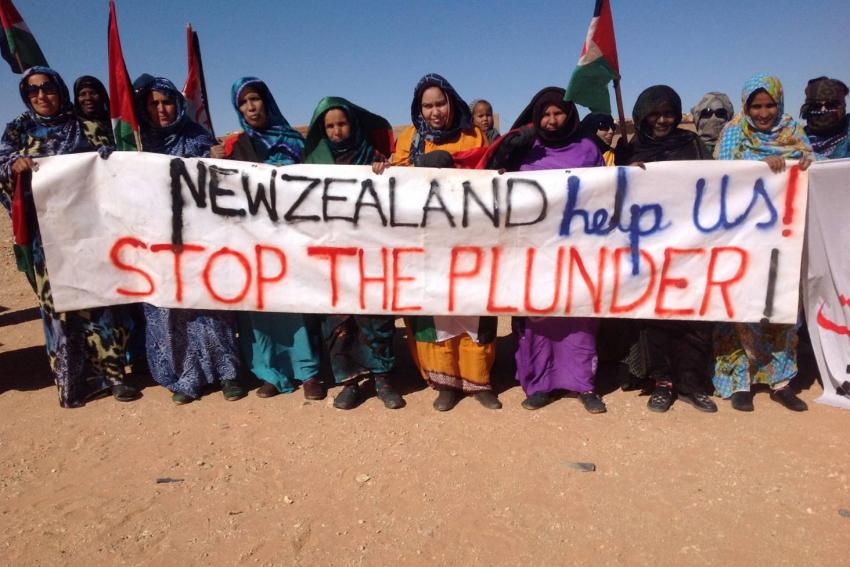‘Soft target’ NZ Super caught in Moroccan fertiliser row
A fertiliser industry body has won the right to butt into a looming legal action between the NZ Superannuation Fund (NZS) and a Western Sahara political activist. In a ruling handed down in the Auckland High Court last Friday (June 12), Justice Palmer agreed the Fertiliser Association of NZ could ‘intervene’ in the case brought by Fadel Mohamed against the NZS.
Mohamed represents the Polisario Front for Australia and New Zealand, which supports liberation for the Sahrawi people of Western Sahara. He alleges the NZS has breached its responsible investment rules by owning companies – principally phosphate manufacturers – associated with the disputed Moroccan-held Western Sahara territory.
“The claim alleges that Morocco’s occupation of Western Sahara is unlawful at international law,” the ruling says. “Underlying the claim is a question at international law about whether Morocco is in illegal occupation of Western Sahara.” The statement of claim alleges it is and that the importation of phosphate by Ravensdown Ltd (Ravensdown) and Ballance Agri-Nutrients Ltd (Ballance) creates an incentive for Morocco to remain in occupation of Western Sahara.
Following the decision last Friday the NZ fertiliser industry group can present evidence at the substantive hearing set down for two days starting October 27 this year. Palmer ruled the fertiliser body evidence would “likely assist the Court to understand the Association’s perspective of the evidence and issues in the case, as long as the Association keeps to the narrow parameters of its proposed terms of intervention”.
As well, the judge said the NZ fertiliser suppliers could face spin-off legal action if the NZS loses the October case, giving further impetus to allow the industry body to present evidence.
Counsel for NZS told the court that the NZ$45 billion-plus fund “holds equity investments in 10 companies with business interests in Western Sahara and owns, through subsidiaries, dairy farms which have shares in Ravensdown and Balance because of their cooperative structure”, according to the decision.
The NZS was neutral on whether to admit the fertiliser association to the case but said any “public international law issues in the proceeding” should be left to the fund’s legal team to argue.
Palmer said in the ruling: “Viewed narrowly, the legal issues at stake in this case require assessment of policies and decisions of NZ Superannuation and interpretation of New Zealand legislation. The issues are of a public law nature. It is not clear to me, at this stage, that the Court will be required to make findings about international law.”
The NZS is internationally recognised for its stance on responsible investing but remains a soft target for lobby groups, special interests and politicians looking to express their disparate views on the fund’s underlying assets.
– David Chaplin, Investment News NZ










